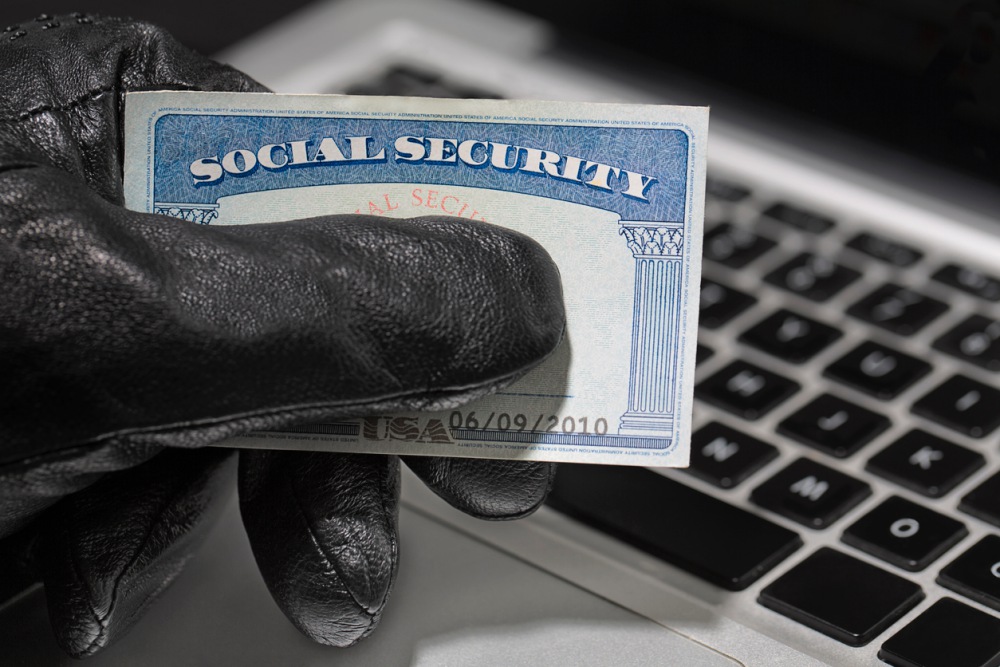How to get a Finnish IP address
The easiest way to improve your digital privacy is to switch your IP address using a VPN. We’ll …

My mother recently forwarded me a voicemail from a 1-800 number, claiming that her Social Security number had been suspended. The automated voicemail stated that in order to reactivate her account she must call that number back and address the issue with officials from the Social Security Administration. Instantly I knew this was a Social Security phone scam.
My mother, however, was panicking. She asked me to call the number back, give them her Social Security number and whatever other info they needed to reinstate it. I calmed her down. I informed her this was nothing more than a Social Security phone scam. We blocked the phone number and I told her not to worry.
My mother is not the only one who was targeted with this Social Security phone scam. Many others throughout the nation have been getting these calls as well, and you’d be surprised at how often people fall for it.
It’s not just Social Security phone scams, either; it’s reported that 95% of mobile users report having received a scam call, and if your phone is anything like mine, it sees daily scam calls from a variety of numbers.
The Social Security phone scam is an ongoing, vicious campaign that is gaining traction right now. People need better education on what to do — or rather, what not to do: “Social Security Administration has received numerous reports of questionable phone calls displaying SSA’s 1-800 number on a caller-ID screen,” said Gale Stallworth Stone, the Acting Inspector General of Social Security Administration. “This is a scam; citizens should not engage with those calls or provide any personal information.”
There were even reports of callers who were threatened with deportation if they did not give out their Social Security number. Others were asked for their bank account number to pay a fee over the phone to reinstate their Social Security. It is important to note that Social Security Administration officials will never demand information over the phone. If they need to contact you, they would do so via mail and point you to its official government website.
“This caller-ID spoofing scheme exploits Social Security Administration’s trusted reputation, and it shows that scammers will try anything to mislead and harm innocent people,” Stone added.
If you ever find yourself talking to one of these scammers—and not just the Social Security phone scam, but IRS scams, charity donation scams, and any other strange requests for payment or information that arrives via a phone call—the best action you can take is to hang up. If you’re truly concerned, call the administration back yourself using the official phone number on their website.
To avoid being targeted by a Social Security phone scam, only answer calls from people you know (scammers often spoof numbers to appears as if the calls are local). If you receive a strange voicemail, don’t panic. Check with the organization directly via an official means of contact, and talk to a relative or trusted friend if in doubt.
In short, don’t give out your Social Security number, bank account details, or any personal information over the phone. It sounds obvious, but in the heat of the moment, it’s all-too-easy to fall for. If you do, you can be certain that you’ll become a victim of identity theft, which can be financially devasting.
Scammers will make tens of billions of phone calls in 2019 alone. If you receive a suspicious call from someone alleging to be from the Social Security Administration, report the information to the Social Security Fraud Hotline at 1-800-269-0271 or submit a report online.
If you’ve accidentally fallen for the Social Security phone scam, the first thing you’ll want to do is set up monitoring for your credit. If a criminal has your Social Security number and other personal information, chances are they’ll try to open up accounts in your name.
The good thing is that you’re aware of this ahead of time. This means you can be ready should a new, fraudulent account open under your name. The key to identity theft is reporting the incident as quickly as possible. So set up alerts, and be on the lookout.
